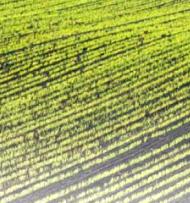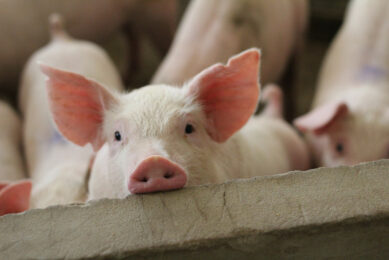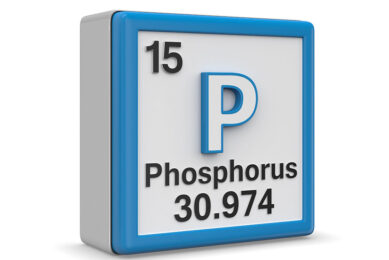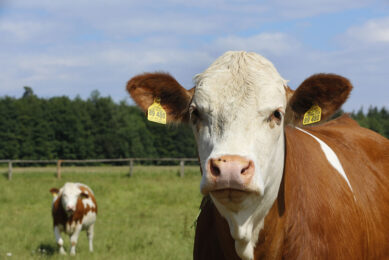Opportunities for phosphorus rich barley

Phosphorus in phytate form is, in general, not bioavailable to non-ruminant animals because they lack the digestive enzyme phytase, which is required to separate phosphorus from the phytate molecule. In most commercial agriculture, non-ruminant livestock such as swine and poultry are fed mainly grains such as soybeans and maize.
Because phytate from these grains is unavailable for absorption, the unabsorbed phytate passes through the gastrointestinal tract, elevating the amount of phosphorus in the manure. Excess phosphorus excretion can lead to environmental problems such as eutrophication. The bioavailability of phytate phosphorus can be increased by supplementation of the diet with the enzyme phytase.
Better digestible
The new hulless barley (named “Clearwater”) is rich in the kinds of phosphorus- an essential nutrient – that pigs, fish and other monogastric animals can use. That’s unlike grain from conventional barleys, which contains more of the phytate type of phosphorus, the kind that monogastric animals find difficult to digest. Plant geneticists Victor Raboy, Phil Bregitzer and others at the ARS Small Grains and Potato Germplasm Research Unit at Aberdeen, Idaho use conventional plant-breeding procedures to chemically tweak seeds’ phosphorus makeup. The work has paved the way for lowphytate barleys, such as Clearwater and a hulled type called “Herald,” as well as low-phytate rice, corn and soybeans. Bregitzer, Raboy and ARS plant geneticist Don Obert collaborated in the Clearwater research with Idaho Agricultural Experiment Station co-researchers Juliet Windes and James Whitmore.
Opportunities for aquaculture
Clearwater yields are about the same as those of other niche-market barleys, according to Bregitzer. One such market – aquaculture feeds – is already being explored. Approximately 46,000 pounds of Clearwater were shipped to Vietnam earlier this year by the U.S. Grains Council of Washington, D.C., and the Idaho Barley Commission to test Clearwater as a feed ingredient for farm-raised fish. ARS researchers at Hagerman, Idaho, and Bozeman, Mont., will soon begin similar investigations with farm-raised rainbow trout. The Idaho Agricultural Experiment Station’s Foundation Seed Program at Kimberly has offered Clearwater seed for sale since late 2007.
Source: Feed Tech magazine. Volume 12. No.6











